Nasir Uddin
VISITOR’S VOICE
Interview with Nasir Uddin »
Department of Anthropology, University of Chittagong
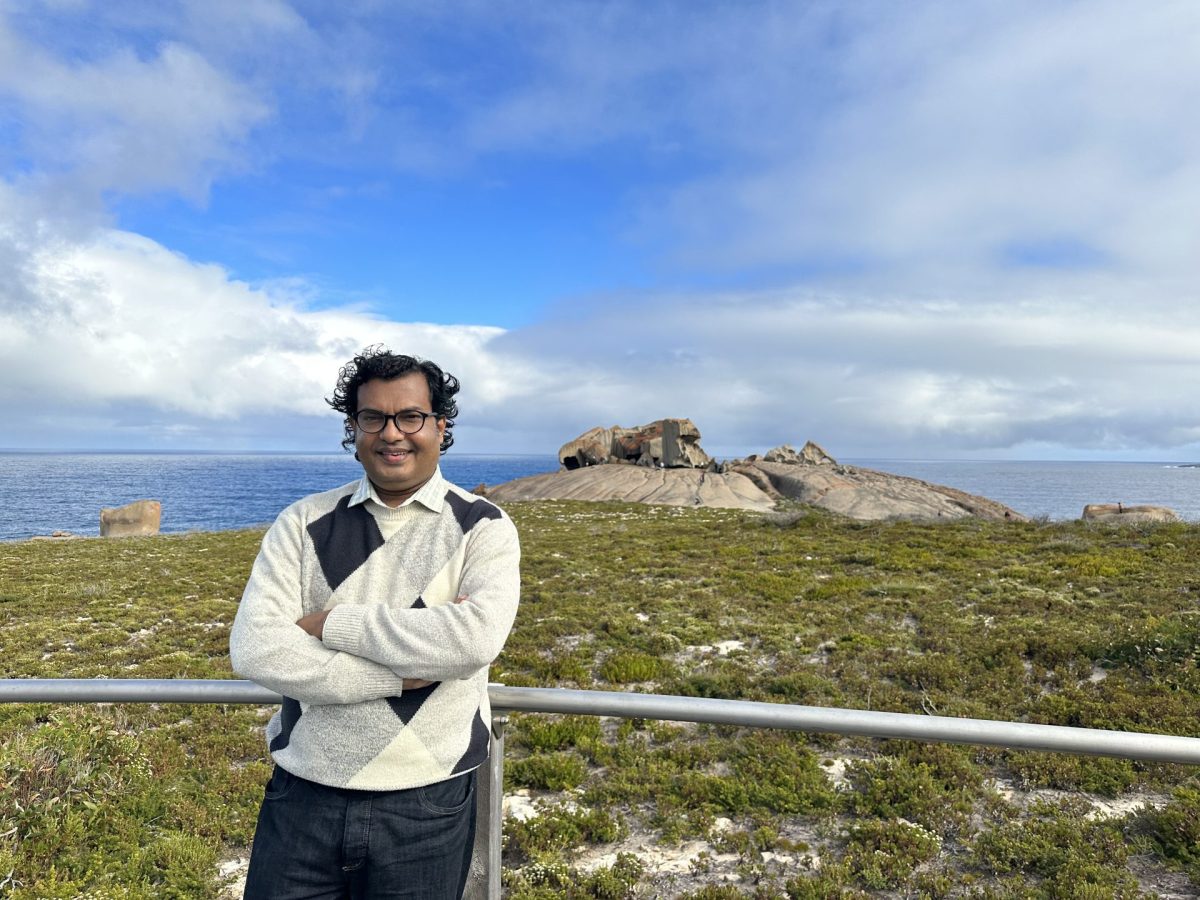
What are your favorite things?
Watching movies
I like watching movies just not because for entertainment, but also to understand the symbolic reflection of visual products and the politics of representation.
Reading
Reading books is my hobby that allows me to think beyond. I always try to understand the hidden transcript embedded between the lines to make sense of what has been written about and why something has been left out.
Music
I like listening to Bengali folk music as it contains a deep philosophy of humanity, emotion, relations, and love for land, people, and nature.
Interview
Forced Displacement, Refugees and Human Rights Issues
01
Please tell us about your research.
My current research concerns the causes and consequences of the increasing trend of forcibly displaced people and refugees around the world. We have many international legal protection mechanisms, including the UN Declaration of Human Rights (1948), the Refugee Convention (1951) and its Protocol (1967), the Convention Relating to the Status of Stateless Persons (1954), the Convention on the Reduction of Statelessness (1961), the International Covenant on Civil and Political Rights (1966), the Declaration on Territorial Asylum (1967), and the International Convention on the Elimination of all Forms of Racial Discrimination (1965) at the top, but they do not bring any substantial change at the bottom. Therefore, the number of forced migrants in the world is gradually increasing and now exceeds 117 million. Given this context, my research seeks to answer the following questions: Why do more people now lack human rights 70 years after the UN Declaration? Why are more people refugees 70 years after the Refugee Convention? Why do more people live in camps now than before? Why are more people stateless after 60 years of the convention on the reduction of stateless people? My research intends to understand the everyday struggle of forcibly displaced people and refugees within the local societal dynamics of the protracted situation. I analyze the roles and operations of states, statecrafts, and state institutions behind the mounting trends of forced displacement amid people’s everyday lived experiences. I critically examine international human rights modalities, international legal frameworks, and refugee protection regimes under the auspices of “burden sharing” and “global justice” by applying a bottom-up approach from the field of refugee life. At CSEAS, my research deals with forced migration, refugees, and human rights issues with the case of the Rohingya refugees living in the borderland of Bangladesh and Myanmar.
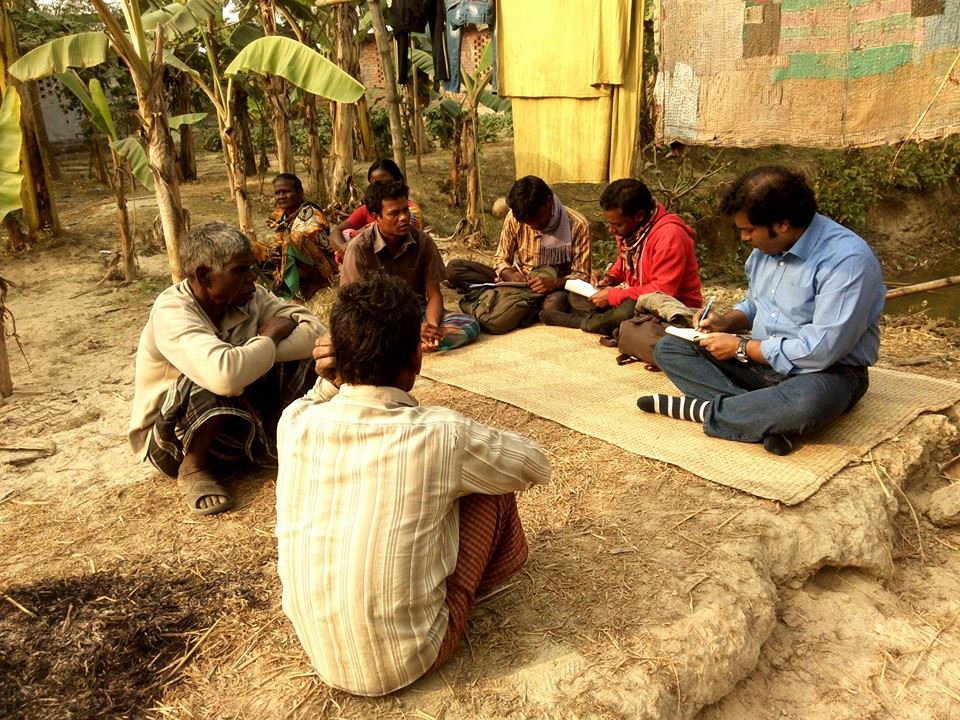
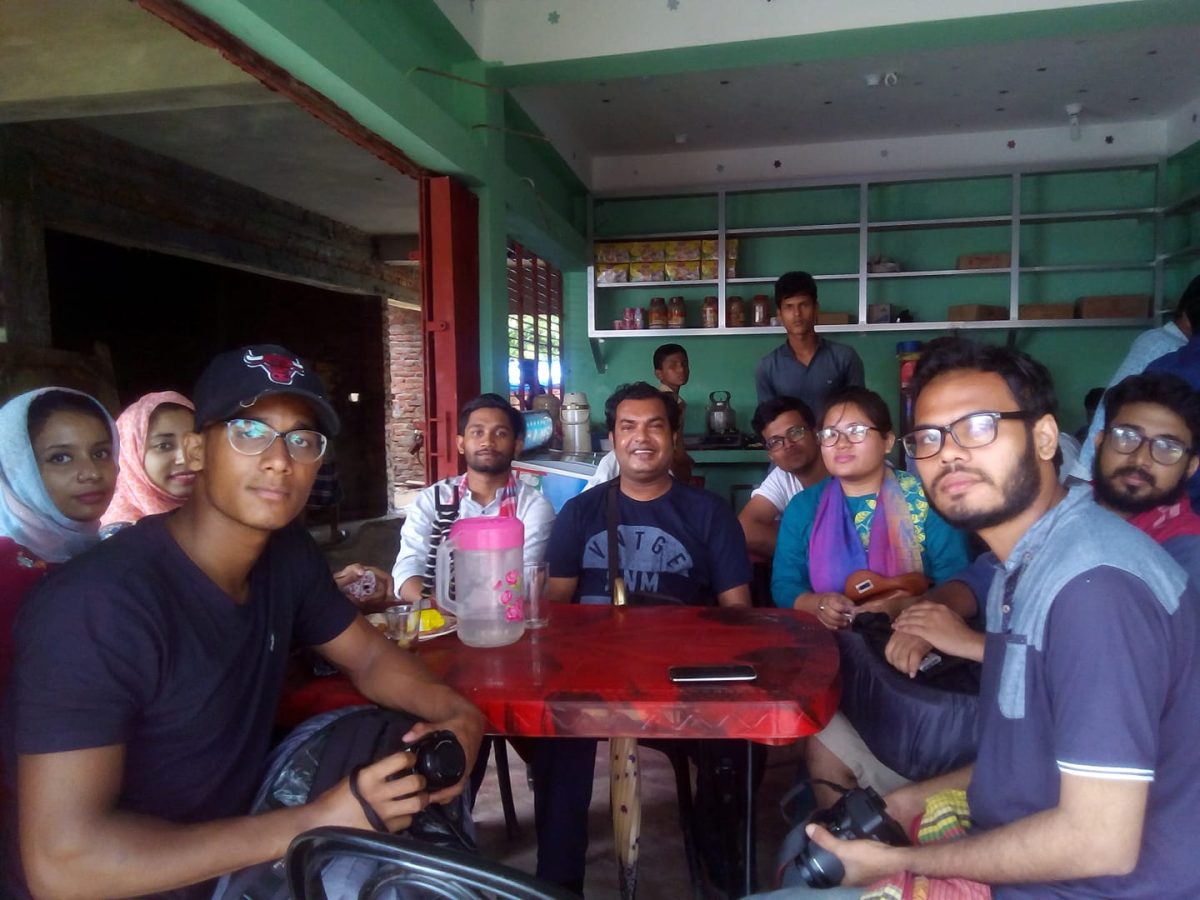
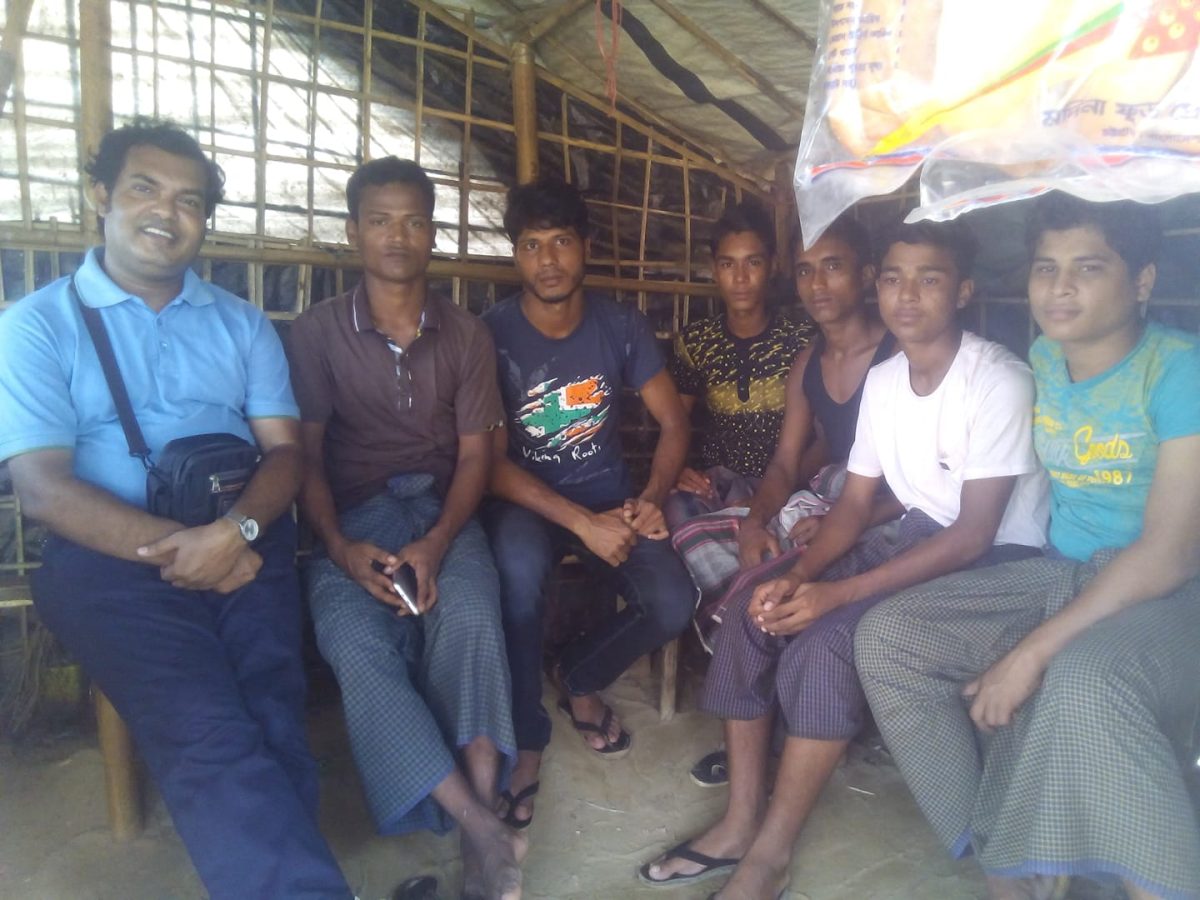
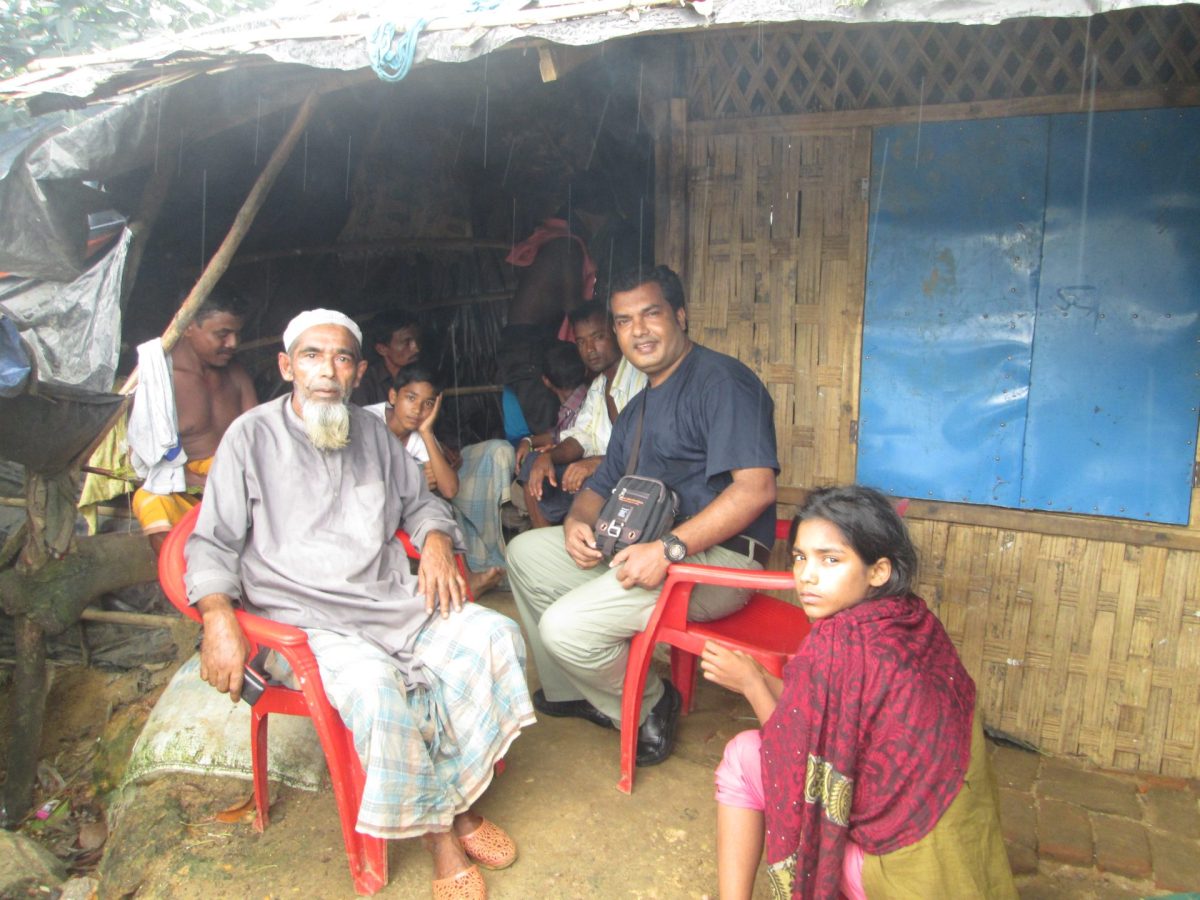
02
Can you share with us an episode about any influential people, things, and places you have encountered whilst doing your research?
An indigenous person who influenced my way of thinking was a Khumi living in the Chittagong Hill Tracts, Bangladesh. While I was undertaking ethnographic fieldwork for my dissertation research in 2005, he taught me how cultural relativism could work better than what is written in books. What he said could be translated as: “Being human to study other human beings is not an easy task, but paying due respect to their passion and emotions to understand their social and cultural background can take one closer to ‘another culture.’” Respecting others’ “passion and emotion” to understand them better could be one of the leading features of cultural relativism and one of the central holdings of ethnographic research.
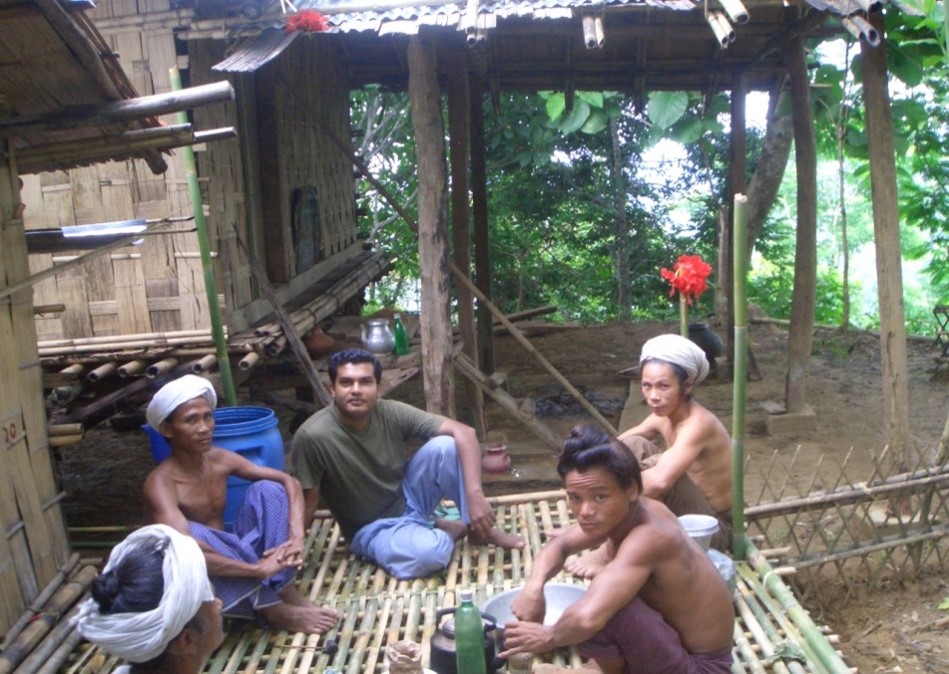
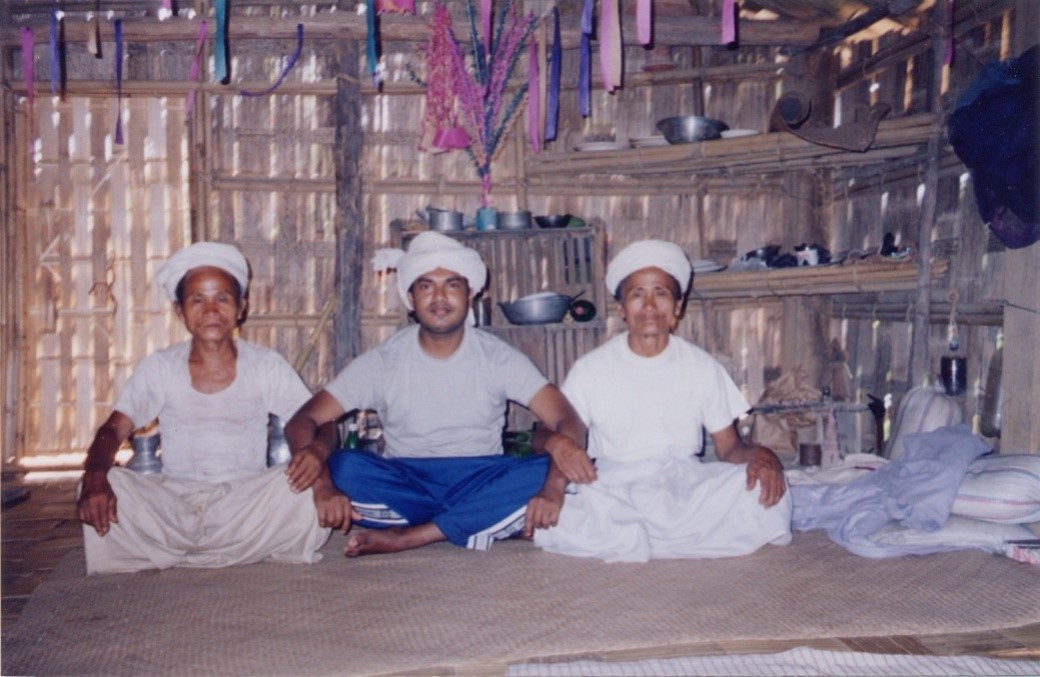
03
How do you overcome the difficulties in putting together the results of your research into a research paper or book?
Reading others’ writings in anthropology that contextualizes empirical data and following standard analytical methodology can help one overcome the difficulties in putting together the results of one’s research into an academic piece.
04
Do you have any must-have gear for field research and writing?
Taking detailed field notes on everyday activities and observations is a must for field research and writing. Sometimes some issues may appear instantly meaningless in the field, but later they could be the most valuable findings of fieldwork. So, no single experience should be left unrecorded in writing.
05
Do you have any essential reads (books) that you can recommend to younger people?
I always suggest that young ethnographers read anthropological classics of the 1920s, 1930s, and 1940s, which can lay the foundation of anthropological sense and taste.
06
What is your ideal image of a researcher, and do you have any advice for those who aim to become researchers?
I usually advise young researchers ‘not to be advised’ because too many pieces of advice can distort the originality of their thinking. I rather suggest that they read and think to find their own way of becoming a good quality researcher.
07
What are your future ambitions as a scholar?
My only ambition is to become a better researcher, a hard-working fieldworker, and a prolific academic writer.
(October 2023)
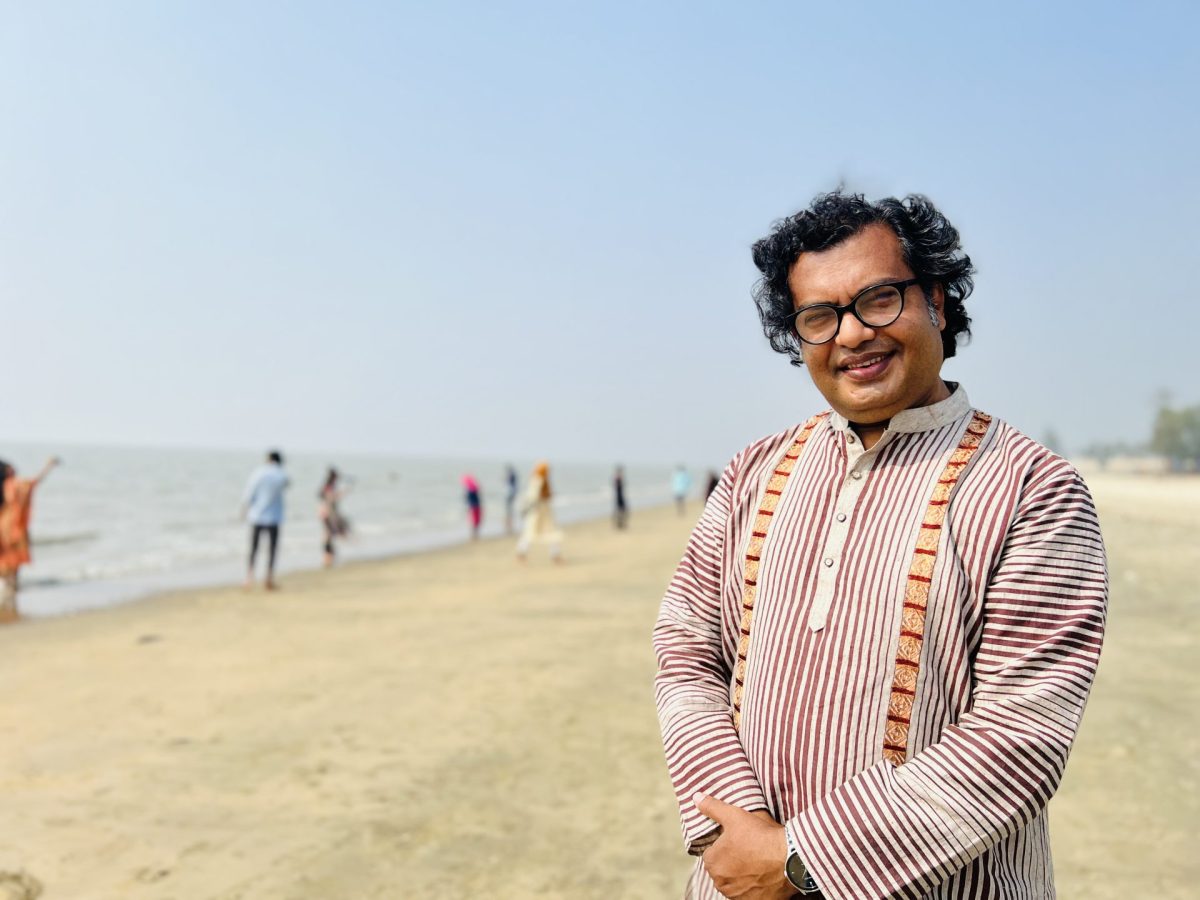
Nasir Uddin is a Distinguished Visiting Professor of CSEAS
from August to November 2023
Thank you for taking the time to read the Visitor’s Voice interview.
Your feedback is important to us, so please let us know what you think.